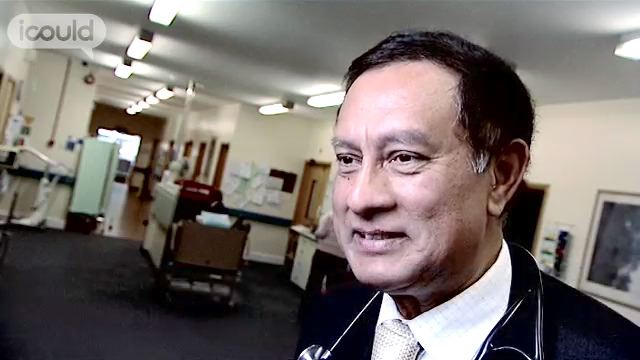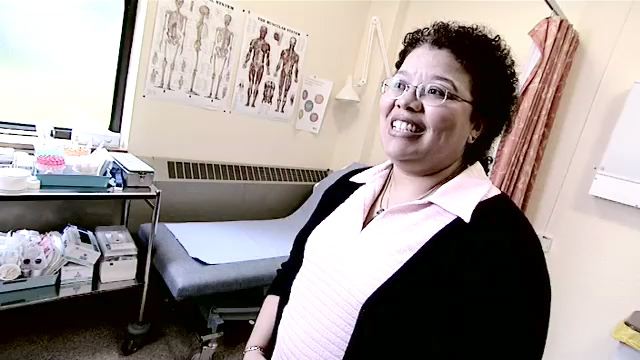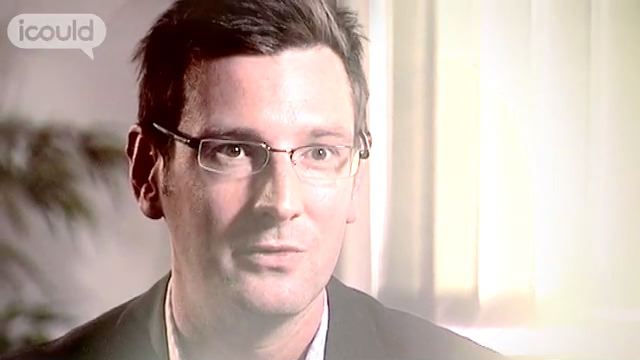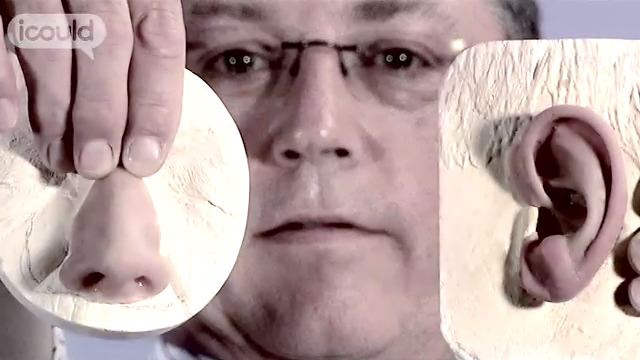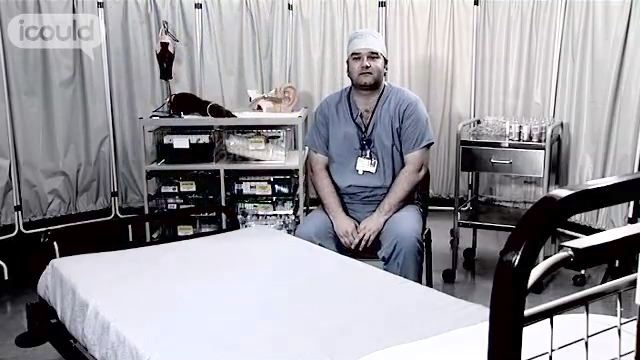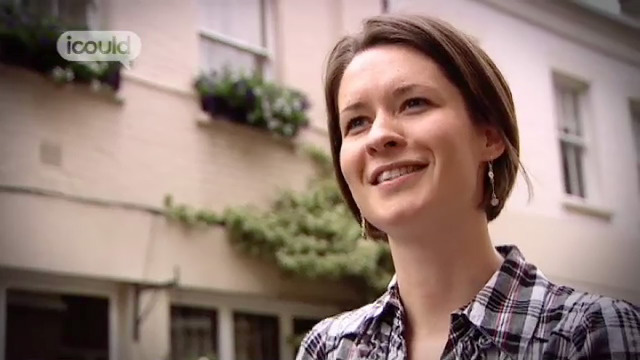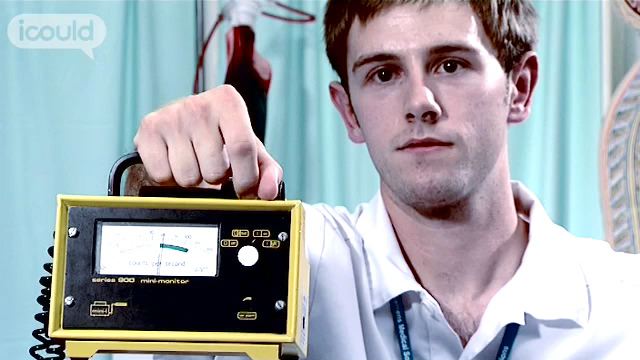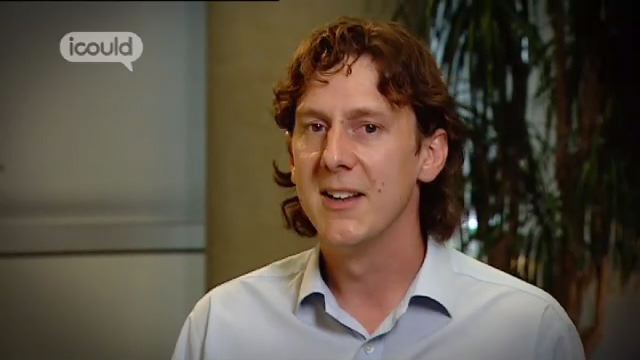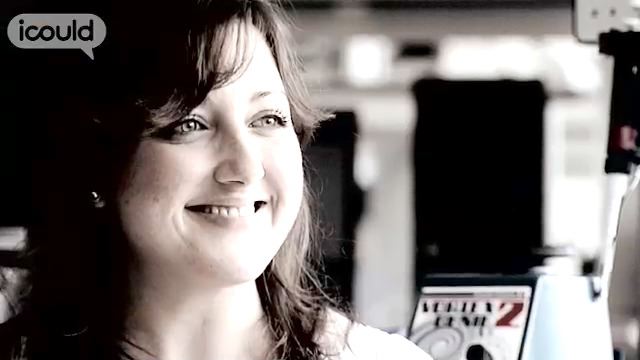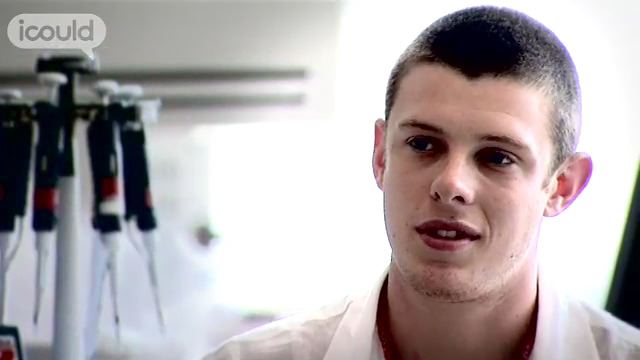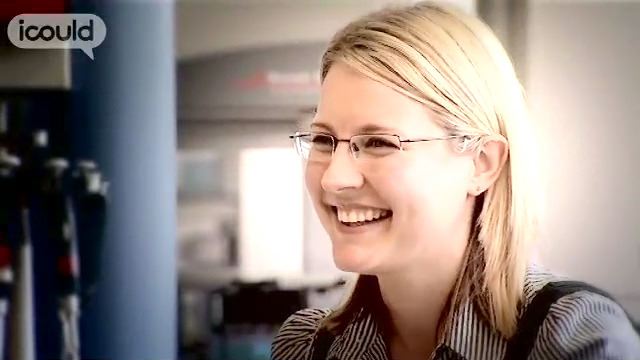Graduate Medic
King's College London
Cara O
00:02 OK my name’s Cara O and I’m currently doing the graduate entry level programme in medicine at Kings College London.
00:10 I went to school in Northern Ireland and I had a school where we had a range of subjects and a lot of things were open to us and I did both arts and sciences for A level cos I really like both of them and I wasn’t sure what I wanted to really do and it was only then when I chose to do, to study biology because I really it at A level so, which was for a degree which seemed quite a sensible thing to do and I think it was always kind of on the cards that I would go to University because both of my older siblings had went and the school that I went to most people went to University so it was always gonna be an option that I thought of.
00:44 Well my dad’s actually a, a lawyer so he’s very much on the arts side and my mum works, she’s a primary school classroom assistant so she works with people so they’re not, neither of them are, are scientists I’m the only one in the family.
00:59 My parents would be, have always been very good role models for us because my father for example finished his degree when I was 15 and actually became a lawyer, he’d originally worked as a clerk for years and then he became a lawyer when I was 15 so I always knew that that was an option and my mum about 7 years ago finished her degree, so again our family’s always been kind of into that education side of things. So it was good, good role models that you can do it at any time as well in your you can change you know change and decide to do a degree of something else
01:29 Had 3 years of my biological sciences degree, which I was actually based in Belfast in Queens University and that was fabulous, I had a great time moved up there with my 4 friends, there was 5 of us girls in the house together so you can imagine the, the mess if not anything else. But it was really, I would recommend it, it was brilliant a lot of growing up and I really enjoyed the course as well.
01:52 Toward the end of the third year, so it’s towards the end of my final year I wanted to get a job for the summer cos prior to that I had worked in shops and things like that but I wanted to try and get something that was more career focussed so I got a job, part time job in the summer in a laboratory in Belfast belonging to the University and that really set me up for my interest then in, in research because I then spent another year with them, another, sorry another summer with them so it, that really got me interested in what they did and how research ran and that sort of thing.
02:22 I did my PHD in molecular pathology, so basically I was trying to identify gene fragments in bacteria so I spent a lot of time in the lab and the bacteria actually infects mushrooms so it’s quite, it’s not one that people are that familiar with. I know I used to tell people I do a PHD in mushrooms but I didn’t actually see that many mushrooms throughout the whole 3 years I was doing it.
02:57 I honestly, honestly thought I was definitely gonna be a scientist or researcher, a nerd as my brother would say, I could always be a nerd but I only really wanted to do that, I never really thought it would take me toward medicine and I hadn’t really ever thought about it that much at the time cos when I was 18 I, I guess there’s no medics in my family so I wasn’t really thinking about that as an option.
03:04 My brother’s a social worker and then my other sister’s an occupational therapist. I did my PHD and then I actually worked for 3 years in educational developments and a lot, did a lot of teaching and through that I met a lot of doctors who were doing their PHD’s cos I was actually training, training PHD researchers at the time and from just, from talking to them I got more and more interested in what they did and saw myself as somebody who perhaps could fit in quite well in that area.
03:31 A lot of medics will do their medical degree first and then do a PHD later, which is probably the, the normal way of doing it but for me I think I, I never really knew what I wanted to do and I, I knew I wanted to do science but I didn’t, I didn’t until, it wasn’t until I got into research that I realised that I would like to move into medicines. Hat’s off to my PHD supervisor who put up with me for 3 years and all of my insecurities and he has to be given a gold star and he’s still very much involved, like for example he supports me now in my, you know my medical degree and helps with anything that he, that, he’s always there if there’s anything I need to discuss or need any help with.
Cara O is currently doing the graduate entry level programme in medicine at King’s College London. “A lot of medics will do their medical degree first and then do a PHD later, which is probably the normal way of doing it but… I never really knew what I wanted to do… it wasn’t until I got into research that I realised that I would like to move into medicines”.
More information about Generalist medical practitioners
The UK average salary is £29,813
There are 37.5 hours in the average working week
The UK workforce is 47% female and 53% male
Future employment
- Examines patient, arranges for any necessary x-rays or other tests and interprets results
- Diagnoses condition and prescribes and/or administers appropriate treatment
- Administers medical tests and inoculations against communicable diseases
- Supervises patient’s progress and advises on diet, exercise and other preventative action
- Refers patient to specialist where necessary and liaises with specialist
- Prepares and delivers lectures, undertakes research, and conducts and participates in clinical trials
- Supervises the implementation of care and treatment plans by other healthcare providers
